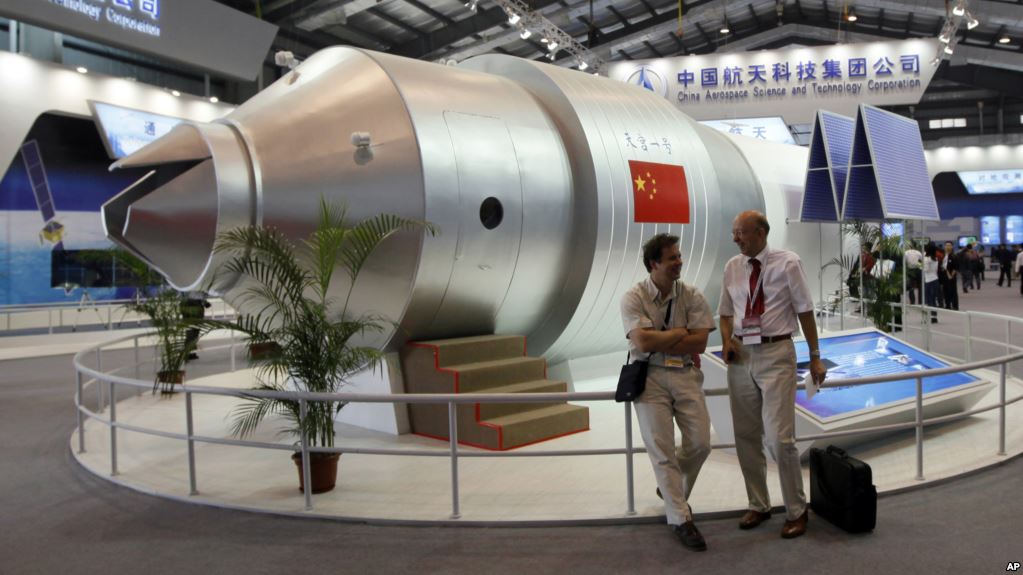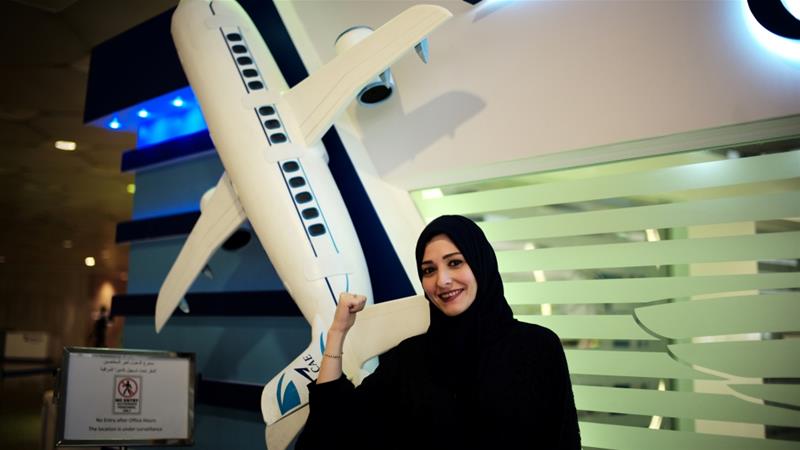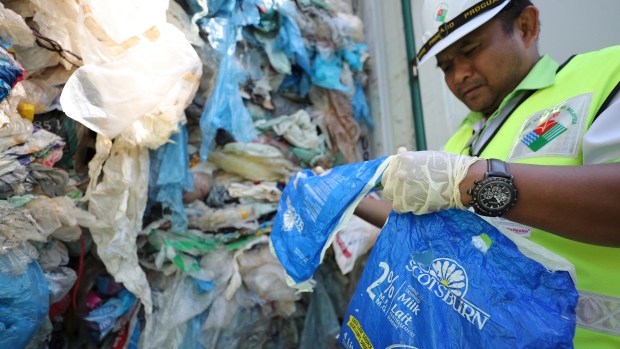China Welcomes the Entire World to its Space Station
While NASA and its partners are deciding how long to maintain the ISS, China has taken things to the next level and invited the world to its orbital station set to become operational in 2022
China’s ambassador to the UN and other organizations in Vienna, Shi Zhongjun said that the CSS “belongs not only to China, but also to the world.” She went on and added that “All countries, regardless of their size and level of development, can participate in the cooperation on an equal footing.”
This kind of announcement is perhaps one of the greatest soft power threats to US and Russian dominance of spaceflight in the last 6 decades. Moreover, China publicly announced to its state news service Xinhua that the country aims to help other developing countries that are interested in space technology, as well as aid them in having their own space programs.
This sort of approach offers a sort of disapproval to the International Space Station; by law, the US does not allow any direct involvement between China’s space program and NASA. Even though some people at NASA want to change this fact, Congress is maintaining its position and sustains its established rules of preventing technology transfer.
Europe has already signed up
With the ISS possibly going away as soon as 2025, as the White House wants to put an end to NASA’s $3 to $4 billion/year support for station activities, China can’t help but see it as an opportunity to place itself as an alternative to countries that have programs but can’t get their own people and experiments into space.
Samantha Cristoforetti, European astronaut who spent 200 days in space back in 2014 and 2015 aboard the ISS and other residents of Europe have begun traveling to China to learn the language and train their Chinese counterparts.
With this situation in mind, it is easy to see that one of the biggest challenges for the Trump administration’s space program will be how to mix the “America first” identity with the long history of using NASA to create and maintain important partnerships around the world.
However, there is no guarantee that the facility will be built, so we can only wait and see what happens at both ends.
Source: arstechnica.com







